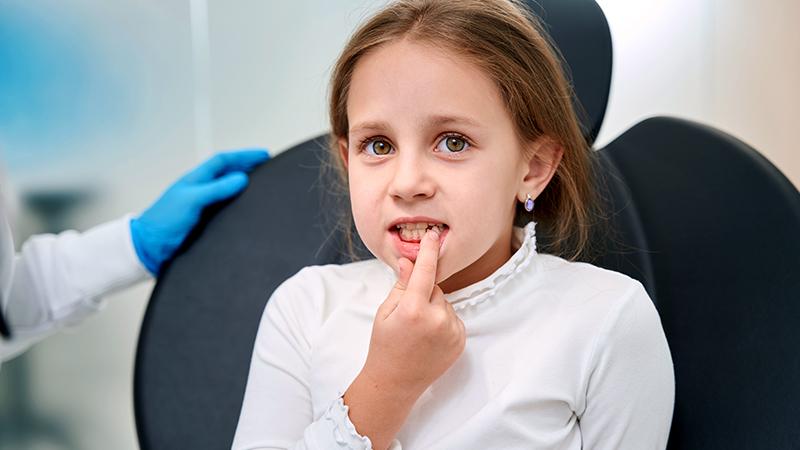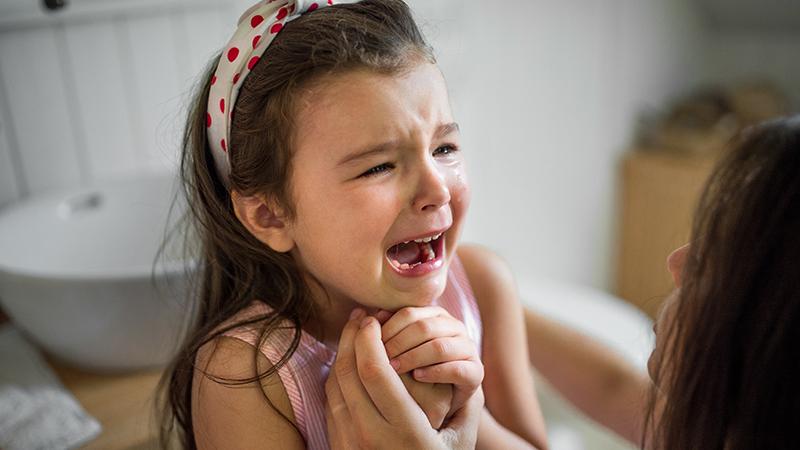
Dental Sealants for Baby Teeth?
BLOG Dental Sealants for Baby Teeth? Perhaps you’ve heard your friends talking about dental sealants, and how well they prevent cavities. And as soon

BLOG Dental Sealants for Baby Teeth? Perhaps you’ve heard your friends talking about dental sealants, and how well they prevent cavities. And as soon

BLOG How can parents help prevent tooth decay? Children are born with a set of primary teeth – 20 to be exact – that

BLOG Mamelons Dental Sealants for Baby Teeth? Treatment and Diagnosis for Your Child’s Teeth Grinding Quick trivia question: define “mamelon.” Some kind of warm

BLOG Aftercare: How Soon Can I Brush My Teeth After A Filling? Dental fillings are an effective solution dental experts commonly use to restore



